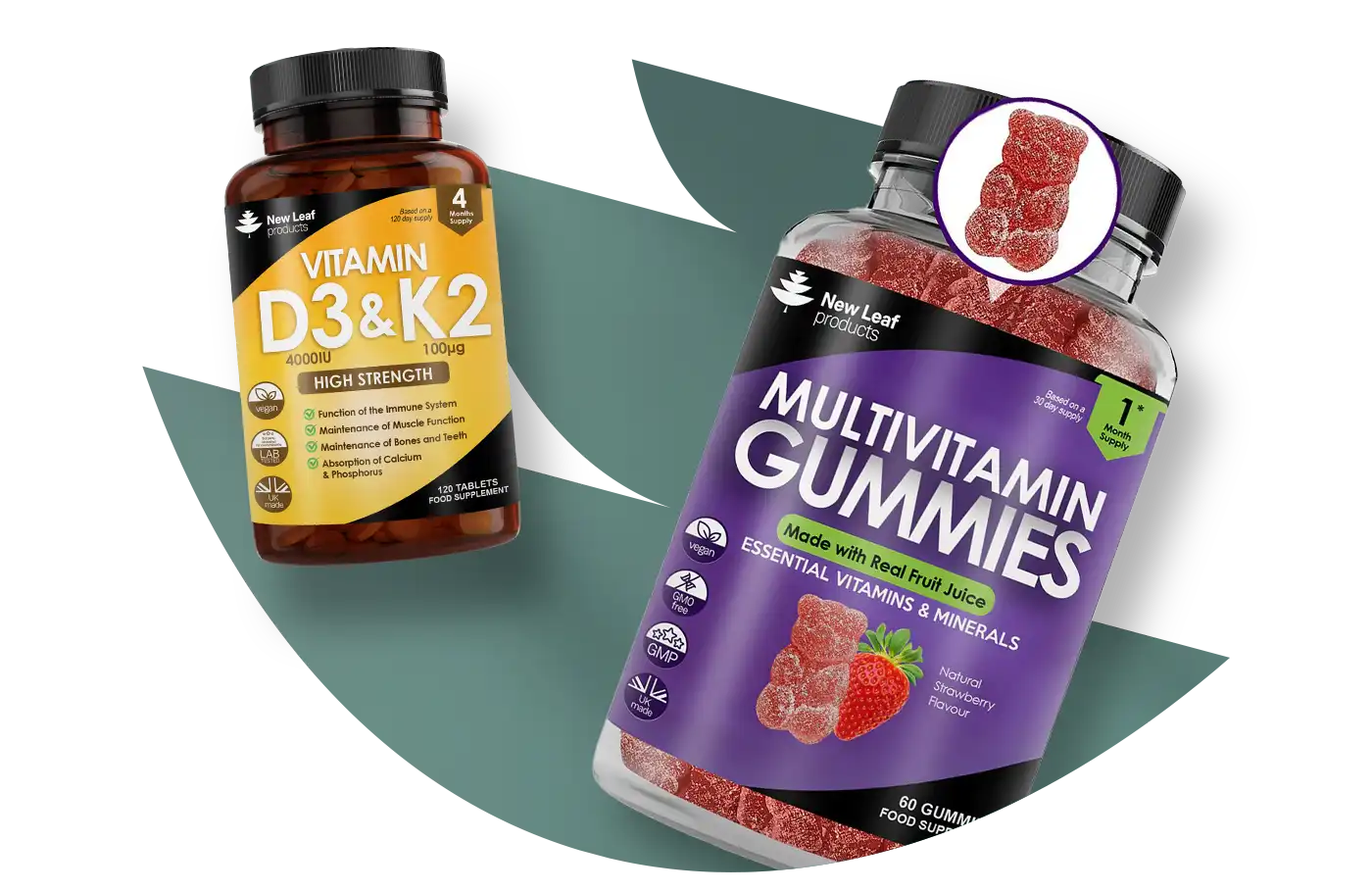
Fatigue is a fairly common symptom of COVID-19, as your body uses all of its energy to fight off the virus. According to experts, 30% of people with COVID-19 may still suffer from fatigue long after they have recovered from the virus, known as long COVID-19. For some people, this can be debilitating, as it may prevent them from being able to carry out normal everyday activities, and reduce performance at work. Whilst the exact cause of long COVID-19 is unknown, it is believed that the virus interferes with the body’s natural immune response.
There are a number of ways to boost energy after falling ill from COVID-19, such as taking vitamins for energy and tiredness, eating a healthy diet, and ensuring you stay active. Continue reading to find out more.
Exercise
Whilst exercise may not feel like the thing you want to do when you’re tired, research suggests that physical activity can boost energy levels. This is because exercise increases the release of feel good endorphins that make us feel energised. It also increases the production of mitochondria in your muscles. These cells are responsible for extracting oxygen and nutrients from your blood and converting it to energy for your body to function.
Exercise also boosts energy levels by increasing circulation. This delivers plenty of oxygen and nutrient-rich blood to tissues in the body and the mitochondria, allowing your body to function better and more efficiently.

Eat a healthy diet
A healthy well balanced diet can help boost energy levels by ensuring you are providing your body with all the nutrients it needs to function at its best. The sugar in foods with a low glycemic index is absorbed slowly, providing long-lasting energy throughout the day. These include high fibre vegetables, nuts, wholegrains, and healthy oils, such as olive oil.
Processed foods on the other hand, are high in sugar that is absorbed quickly which can cause energy dips and sluggishness. Eating regular meals is also important for consistent energy, as skipping meals or not eating enough won’t be providing the fuel for your brain and body to function.
Vitamins for energy and tiredness
There are a number of supplements you can take to help boost energy levels. These include:
Iron
Iron is an essential mineral for the production of red blood cells and haemoglobin, a protein within red blood cells that transports oxygen throughout the body. If iron levels are low, less oxygen will be delivered to cells and organs, resulting in tiredness, weakness, fatigue, and sometimes anaemia. According to multiple studies, iron supplements can help raise iron levels and improve fatigue.
Vitamin B-12
Another key player in red blood cell formation is vitamin B-12. Deficiency in this vitamin impairs red blood cell production, again reducing the amount of oxygen reaching your cells, and resulting in fatigue. B-12 is also required for fat and protein metabolism and is crucial for energy production.
Sleep
Getting the right amount of sleep and sticking to a regular sleep schedule is important to help boost energy levels. It is recommended that adults obtain between 7 and 9 hours of sleep a night. When suffering from fatigue, you may be tempted to sleep in late. However, deviating from normal sleeping patterns can upset the body’s natural circadian and energy rhythms and actually worsen symptoms of fatigue.
Limit stress
Stress has been linked to tiredness and fatigue because during a state of stress, your body releases the hormones adrenaline and cortisol, which put the body in a state of action. But this uses up valuable energy and can lead to exhaustion. Whilst it may be difficult to totally eliminate stress from your life, you can help reduce it by removing things from your life that add to your stress and taking time to yourself to relax. Things like meditation and yoga are great for promoting relaxation.



